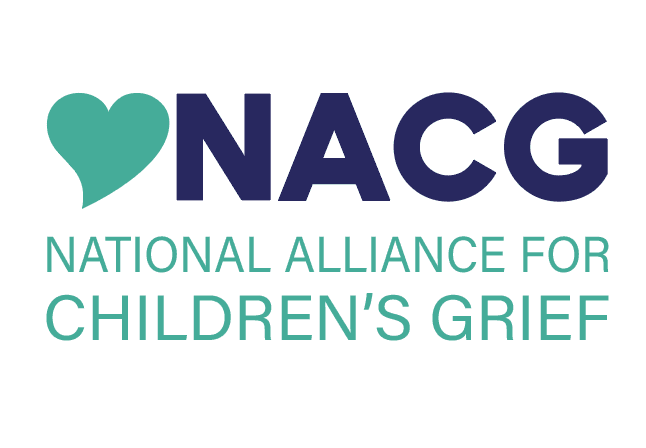
We often think that grief is something we deal with after someone we love passes away. For many, however, feelings of grief and loss occur before the death of a loved one. This is what we call anticipatory grief. Anticipatory grief, just like grief after a loss, affects individuals in a variety of ways. With a heightened focus on the person that is ill or dying, it may be challenging to allow yourself time to explore how anticipatory grief is affecting you and your family. As a way to help the healing process begin even before a loved one’s death, we have provided some tips and coping strategies below.
Seek Information
In obtaining information on the condition impacting your loved one, it can be empowering to understand what to expect as an illness progresses. Medical professionals can guide you each step of the way to help manage your loved one’s symptoms. When considering how to communicate to children the physical impacts of a loved one’s illness, be mindful of the language used. It is best to use simple, age-appropriate, and honest explanations while also providing sufficient space for children to ask questions.
Make Space to Process Grief
Allow yourself the space to process the complex emotions that arise with anticipatory grief. For those who are caregivers, the idea of dedicating time for yourself can bring up feelings of guilt and shame. As a result, this may lead to an over-focus on the person who is ill and less time spent on feelings of grief you are going through. Instead of ignoring the emotions that come up when dedicating time to yourself, we encourage you to take the time to acknowledge your loss and the life changes that are happening now or that will occur once your loved one has died. By allowing yourself this space, you are serving as an example for children in the home to explore their anticipatory grief and share their thoughts with you.
Make the Most of Your Time Left
In reflecting on the life you have shared with your loved one, it can be heartbreaking to revisit past memories and contend with the uncertainty of how much time you have left together. Rather than turning away from that pain, acknowledge its presence and try to create new memories with your loved one in the time you have left together. When they are no longer here, you will be grateful that you continued to create a life together and find joy in the love you share with each other. Creating new memories can look differently for each family. What is most important is that you make it your own while engaging your loved one, children, and other family members who want to share in these moments.
Connect with Others and Be Open to Support
As you provide love and comfort to a loved who is dying, it is essential to acknowledge your own need for support. Seeking professional help during this time is equally as important. By remaining open to being supported by family, friends, and counselors, it allows you to surround yourself with the love and care needed during this time.
The tips above offer some guidance in helping process your anticipatory grief. For additional resources, please visit our website at www.childbereavement.org or give us a call at (888) 988-5438 or e-mail intake@childbereavement.org.









